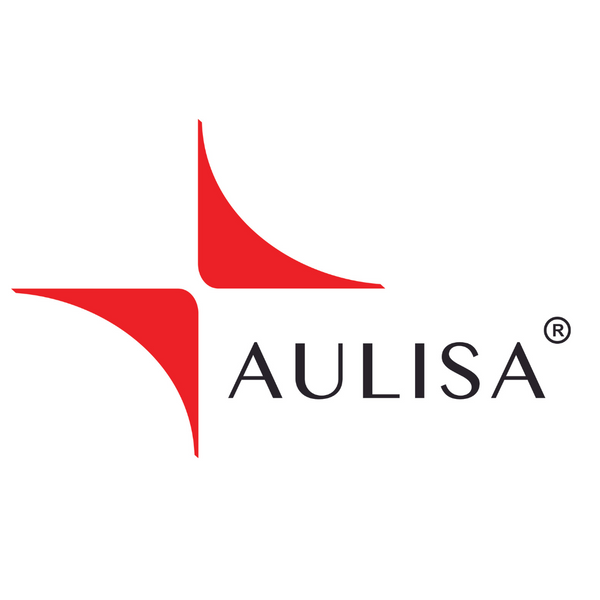Traveling during the summer months can expose vulnerable individuals—such as infants and aging adults—to increased health risks. Long travel times, unfamiliar climates, and changes in routine can all contribute to fatigue, dehydration, and temperature dysregulation.¹ ² These risks are often heightened in confined spaces like cars, planes, and unfamiliar lodging environments where airflow may be limited and caregivers are preoccupied.
In real life, it’s often during the quietest hours—after everyone’s gone to bed—that emergencies arise. A baby develops a mild fever that suddenly spikes. A grandparent’s breathing slows in a room that’s warmer than expected. These moments don’t announce themselves with alarms or dramatic symptoms. But with Aulisa’s smart monitoring, families gain the ability to detect and respond to these changes early, transforming moments of uncertainty into opportunities for early intervention and peace of mind.
Infants and seniors are especially sensitive to shifts in ambient temperature. Even moderate heat can elevate body temperature more quickly in these populations, increasing the likelihood of heat stress.³ Infants, with their underdeveloped thermoregulatory systems, may struggle to stay cool and often can’t communicate discomfort. Older adults are at similar risk, particularly those with chronic conditions or medications that affect hydration or body temperature regulation. Early signs of heat-related illness—such as elevated body temperature, decreased oxygen saturation, or increased heart rate—are often subtle and easily missed.⁴ ⁵
In situations like these, having access to reliable, real-time data can make all the difference. Aulisa Medical’s Guardian Angel® GA1001 Lite Plus is a hospital-grade, FDA-cleared monitoring system designed for both home and on-the-go use. Compact and wireless, the device continuously monitors oxygen saturation (SpO₂), pulse rate, and body temperature every second. Its soft, medical-grade sensor is comfortable for infants and seniors alike, and it pairs with a secure app to deliver live data to caregivers—no matter where they are.
Using Aulisa during travel allows caregivers to track a baby’s vitals during naps or long car rides, and to monitor an elderly parent’s oxygen levels after a flight or outdoor excursion. Most importantly, it provides instant alerts if vitals fall outside safe parameters, helping prevent escalation and offering peace of mind in unfamiliar settings.
Travel plans may vary, but one constant remains: the need to protect those we love. Aulisa offers a layer of safety that goes wherever you go—helping families stay connected, informed, and reassured throughout the journey.
References
¹ Bouchama, A., & Knochel, J. P. (2002). Heat stroke. New England Journal of Medicine.
² Bassil, K. L., & Cole, D. C. (2010). Effectiveness of public health interventions in reducing morbidity and mortality during heat episodes: a structured review. International Journal of Environmental Research and Public Health.
³ Gronlund, C. J. (2014). Racial and socioeconomic disparities in heat-related health effects and their mechanisms: a review. Current Epidemiology Reports.
⁴ Lull, M. E., & Mathew, R. O. (2012). Neonatal Thermoregulation: A Continuing Challenge. Advances in Neonatal Care.
⁵ Kenney, W. L., & Munce, T. A. (2003). Aging and human temperature regulation. Journal of Applied Physiology.

